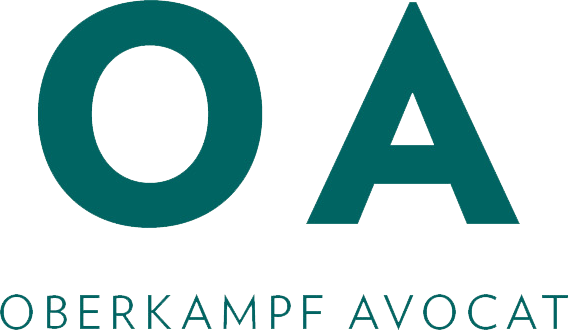Here are some sustainability highlights from the month of January 2022:
New York pushes for a sustainable and accountable fashion industry. The Fashion Sustainability and Social Accountability Act was introduced to the state’s assembly early January and has gotten promising attention. Sponsored by Senator Alessandra Biaggi and assembly member Dr Anna Kelles, Assembly Bill A8352 requires fashion retailers and manufacturers doing business in New York and with global revenues exceeding $100 million to map at least 50% of their supply chain across all tiers of production, to disclose environmental and social due diligence policies, and to report on impact reduction targets compliance annually, among other due diligence and transparency obligations. The bill also establishes a community benefit fund for the purpose of implementing environmental benefit projects that directly and verifiably benefit environmental justice communities. Remedies under the bill include monetary damages as well as possible fines up to 2% of annual revenues for revenues higher than $450 million.
Swiss law on transparency and human rights due diligence. The Swiss Code of Obligations (CO) and Criminal Code were revised to incorporate reporting and due diligence obligations with respect to minerals and metals from conflict zones as well as child labor. While the scope of this legislation is limited to companies meeting a certain employees and turnover thresholds, it does include fines. Indeed, anyone intentionally providing a false indication in the reports or failing to maintain those reports may be fined up to 100,000 Swiss francs (approx. $110,000). Negligent behavior is also sanctioned. The new provisions will apply to reports starting in 2023.
Dow Jones launches a new data set to support ESG investing. Going beyond often self-serving company disclosures, Dow Jones’ scoring methodology combines classically used data with news from a wide range of global sources. Importantly, the scoring model is aligned with SASB Standards. The scoring methodology was created under the leadership of The Wall Street Journal’s editorial team and co-developed with Arabesque S-Ray.
President Biden signs the Uyghur Forced Labor Prevention Act into law. Late last month, President Biden signed the Uyghur Forced Labor Prevention Act into law. The Act, designed to “ensure that goods made with forced labor in the Xinjiang Uyghur Autonomous Region of the People's Republic of China do not enter the United States market”, creates an import ban for any goods produced partially or entirely in the region, or produced by one of a number of enumerated entities, unless the importer complies with specific guidance and proves that the merchandise was not “mined, produced, or manufactured wholly or in part by forced labor.” The Act will be effective on June 21, 2022.
IBM acquires Envizi, a software provider offering decision support tools to help build sustainable businesses. The company’s software automates the collection and compilation of hundreds of data types, facilitates data analysis and management through customizable dashboards, and supports major sustainability reporting frameworks. Envizi will integrate IBM’s Environmental Intelligence Suite, joining other AI-powered software helping organizations create more resilient and sustainable operations and supply chains.
Oeko-Tex launches its own Impact Calculator. Oeko-Tex, the 30 year-old Swiss certification body widely recognized in the textiles and leather industry, launches its Impact Calculator. Designed to calculate facility and supply chain’s carbon and water footprint, the digital tool provides “an initial estimate and assessment on the materials and process steps that contribute most to their overall environmental impact.” More details are expected on the methodology and alignment with other assessment tools.
